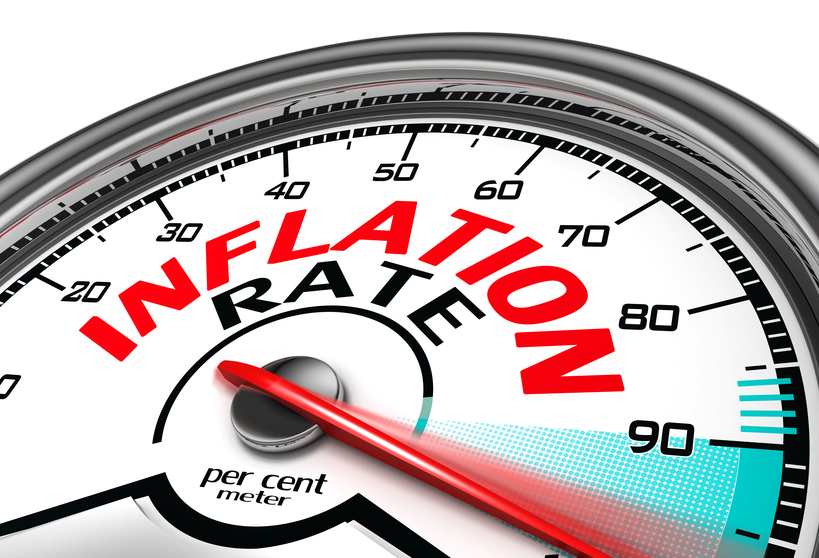Nigeria’s headline inflation rate for September 2024 increased to 32.70 percent after dropping in the previous two months, July and August. This was according to the National Bureau of Statistics’ most recent Consumer Price Index data.
It is a 0.55 percent rise over the August 2024 level of 32.15 percent, suggesting persistent pricing pressures throughout the country. Year on year, inflation has risen by 5.98 percentage points, compared to 26.72 percent in September 2023.
The report read, “In September 2024, the Headline inflation rate was 32.70% relative to the August 2024 headline inflation rate of 32.15%. Looking at the movement, the September 2024 Headline inflation rate showed an increase of 0.55% compared to the August 2024 Headline inflation rate.
“On a year-on-year basis, the Headline inflation rate was 5.98% points higher compared to the rate recorded in September 2023 (26.72%). This shows that the Headline inflation rate (year-onyear basis) increased in September 2024 when compared to the year-on yearin the preceding year (i.e., September 2023).
“Furthermore, on a month-on-month basis, the Headline inflation rate in September 2024 was 2.52%, which was 0.30% higher than the rate recorded in August 2024 (2.22%). This means that in September 2024, the rate of increase in the average price level is higher than the rate of increase in the average price level in August 2024.”
Food costs continue to be a primary driver of inflation, with the food inflation rate rising to 37.77 percent in September 2024, a significant 7.13 percent increase from 30.64 percent in the same time previous year.
Food inflation has been driven mostly by increased costs for commodities such as rice, maize, beans, and yams. Month after month, the food inflation rate rose to 2.64 percent in September 2024, up from 2.37 percent in August.












